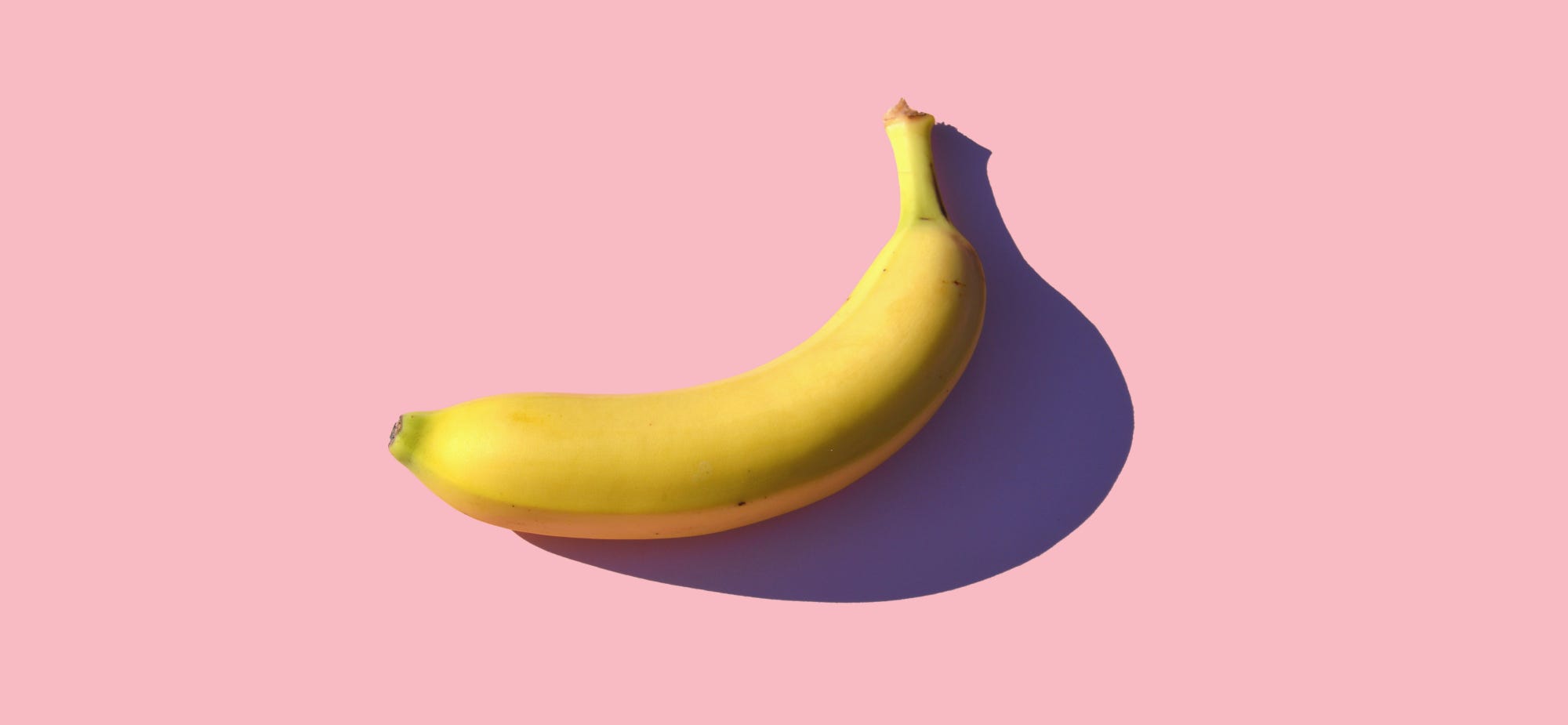
So, theoretically, I'm a banana. Though, maybe half a banana.
Let me explain.
In Malaysia, we call Chinese people who cannot speak their native tongue a "banana". (Yellow on the outside but white on the inside, get it??) Bananas are often looked at with disdain by Chinese who can speak and read Chinese.
Chinese people — those from Mainland China or the diaspora, fiercely cling to their culture and origins. Like, we are very aware that we are from this super ancient, 5,000-year-old civilisation, didn't you know? Many of us still practice customs that are just as old, no matter how long our ancestors have left China.
So, if something negative is being said about China, we will feel it, even if we've never stepped foot in China. I find that an interesting thing because when the Western media began pumping out anti-China news, I began to feel really, really offended. Logically, I couldn't comprehend it and thought something was wrong with me. But when I asked other Chinese folks who were born abroad, they felt the same.
But that issue is a topic for another day. However, this mindset will help you understand why I'm called a tropical fruit.
So, there's a lot of cultural baggage involved with being labelled a "banana". There's this unspoken assumption that bananas have given up and betrayed their roots and think that other cultures (usually Western ones) are better.
But like I said earlier: I'm not 100% a banana.
I understand Mandarin and read a little (very poorly), and this is due to growing up next to Singapore, where the main Chinese language was Mandarin. As a kid, I absorbed the language via osmosis the way kids do.
On top of that, I spent a year with my grandma when I was a kid. She spoke Northern Malaysian Hokkien with me, so I learned that dialect too. My siblings, however, are true-blue bananas. They can't speak Mandarin or Hokkien like I do and mostly converse in English.
This ability to speak Mandarin and Hokkien has given me a "pass" of sorts among the 100% Chinese. I can almost imagine them looking at me with narrowed eyes, thinking: "Okay, this one can pass. She has not betrayed her ancestors!"
Unfortunately, my shaky accent almost always betrays my banana roots.
But, admittedly, I'm also given a pass because I'm also Peranakan.
(Now this is potentially another essay, but I shall give a quick explanation about what Peranakans are. I also wrote a hastily-written primer about Peranakans over at my blog.)
My ancestors moved from China hundreds of years ago and married local Malay women. Over time, we've developed our own culture as a result of this blend of two cultures. Peranakans have happily incorporated elements from Malay, Thai, Chinese and heck, even British cultures.
Many Peranakans no longer speak Chinese but just Malay. But I belong to a branch of Peranakans up north who are still able to speak Hokkien and are influenced by Thai culture.
This means I possibly have mixed-race ancestry, but that can't be determined 100% accurately with my family because apparently, we keep terrible records.
(Me: "Dad, which part of China did we come from?"
Dad: "Somewhere in Fujian."
Me: "Like, where in Fujian?"
Dad: "Don't know. Our ancestors didn't keep diaries.")
So, if I meet someone especially annoyed with my banana-ness, I'll mention that I'm Peranakan, and they will almost always say, "Oh, no wonderlah!"
I also find it interesting that Chinese Americans often get a tad defensive when they hear about this "banana" label.
"I refuse to be labelled a banana!" most of them exclaim when I tell them about it.
How do I feel being labelled one?
Well, for most of my life, I felt ostracised by what I assumed was my community and felt crappy about it.
Then, I realised that being Peranakan, I'm technically not 100% in said community, so decided to embrace my banana-ness, like this dude in the video below.
And because of the way I speak English, most assumed that I could not speak a whimper of Chinese, so I used that to my full advantage, eavesdropping on Mandarin conversations while they assume that I'm a complete banana. It's totally fun.
So, you can say that I spent most of my life as a Chinese spy.




I wish that the child me got to read posts like yours written by people whose families developed their own subcultures that is not 100% the same as either the generation that migrated or that of their country of birth and yet have aspects of both. That way, I would have had more language to understand my experience growing up and to remember that my identity is a story, not one national label. So I thank you for sharing this. I had no idea about the banana label being a thing!
Growing up as an Emirati of mixed South Iranian and Arab roots while attending a school where most subjects were taught in English, I have often not felt “Arab” enough but at same time never felt “Iranian” enough either as I never set foot in Iran and the southern Iranian culture is different from northern culture (there are lots of Emiratis of South Iranian, Zanzibari, Baluchi, Omani, Yemeni, Palestinian roots among many who been there for generations and have their own subcultures). While I can converse fine in Arabic, I tend to mix it with English in one sentence and revert to the latter with certain topics. I also never learned Farsi or Bastaki, (the latter a dying language parts of my family speak that is unique to parts of southern Iran). I laughed out loud at the video especially the scene with the board game, I can relate 😆
This is interesting. Black people who "act white" or "talk white" used to be called Oreos.